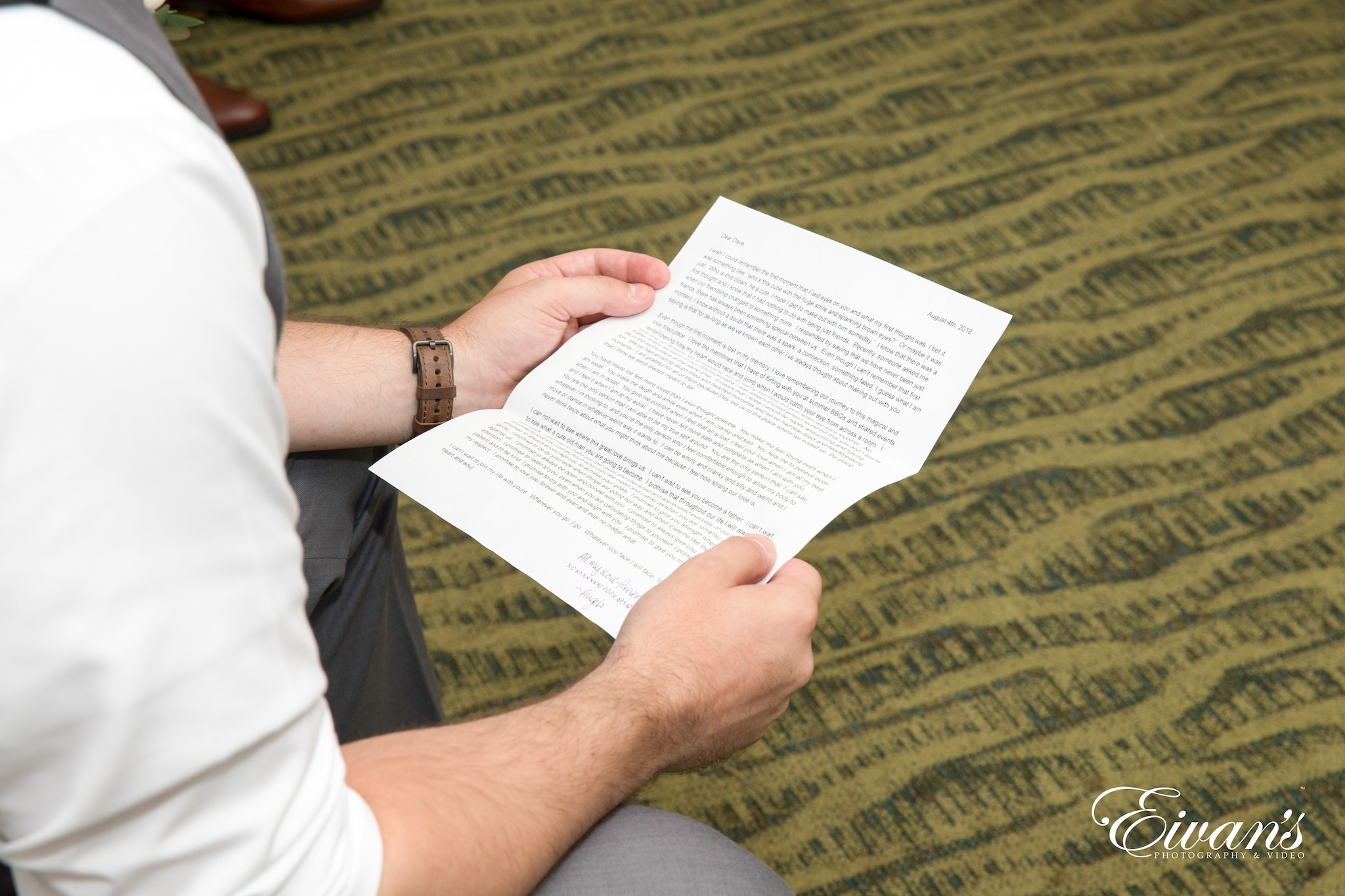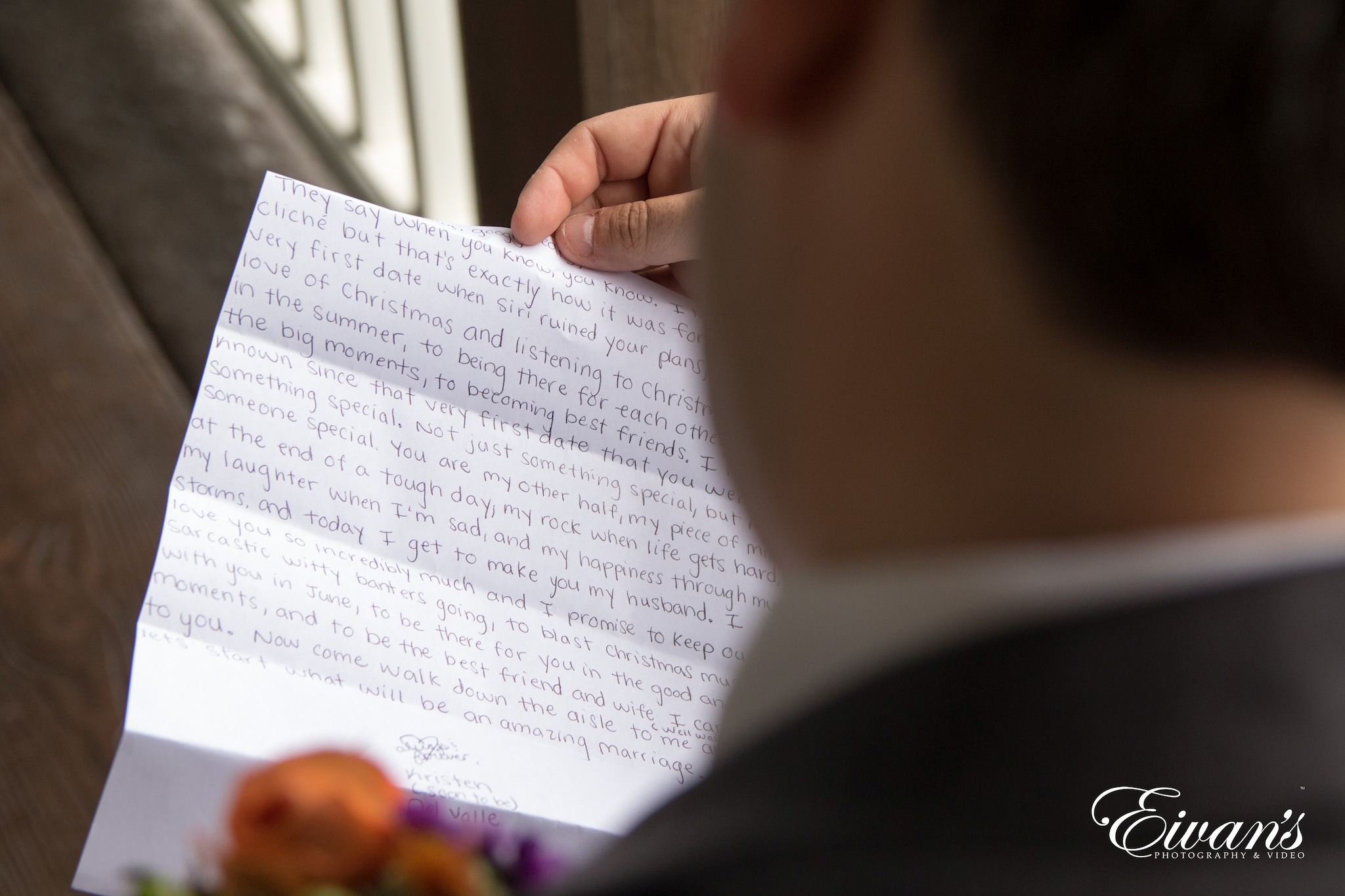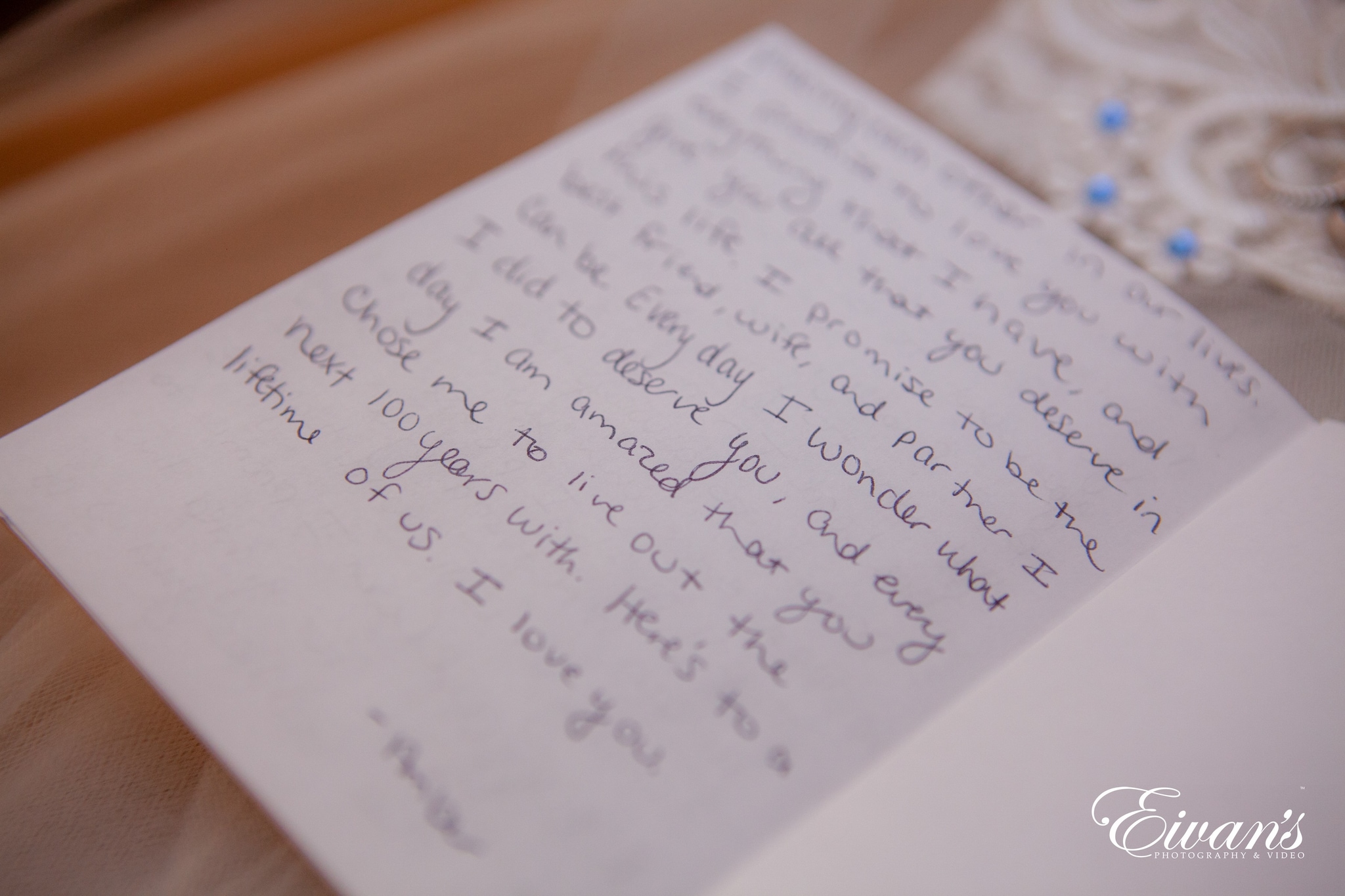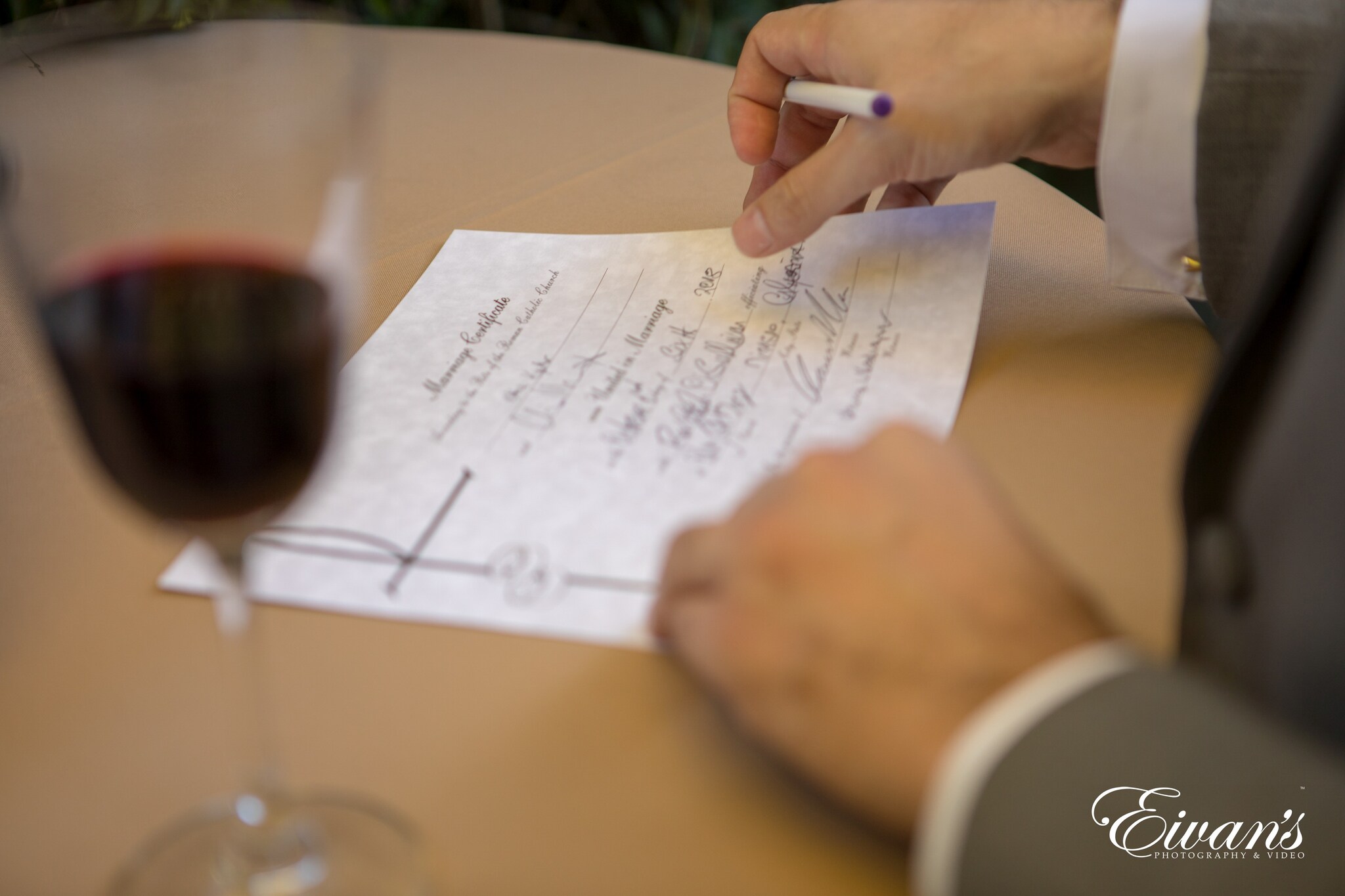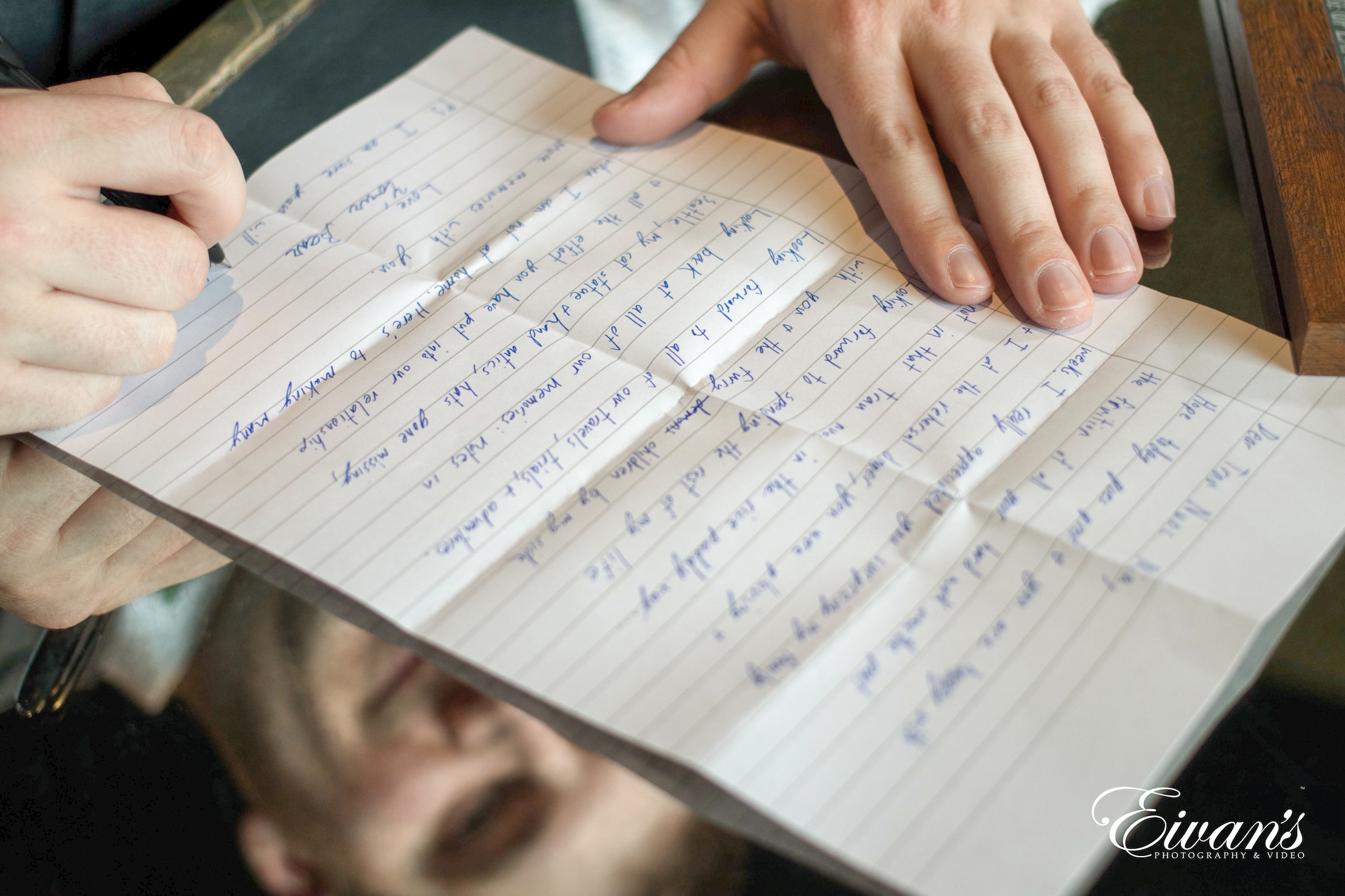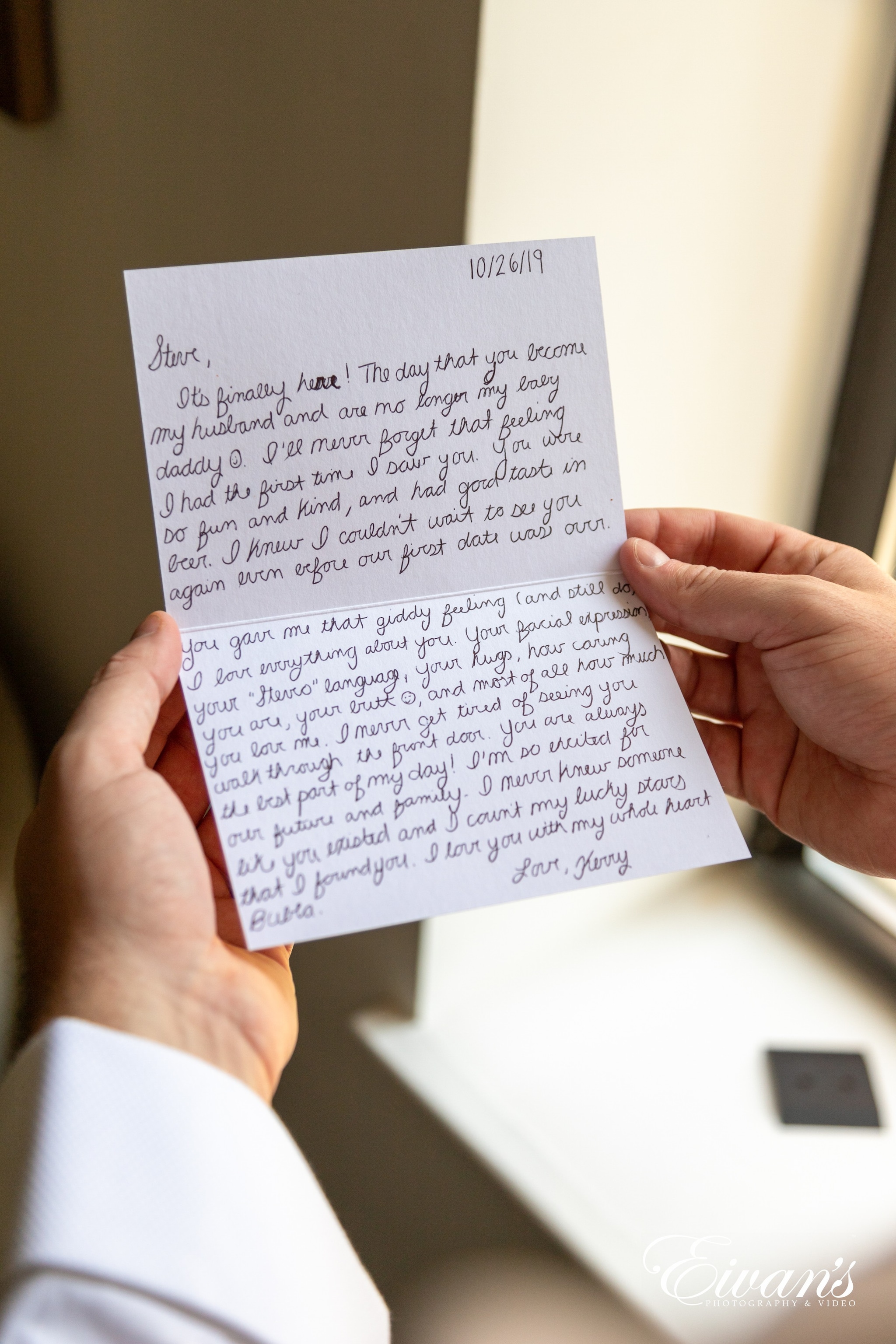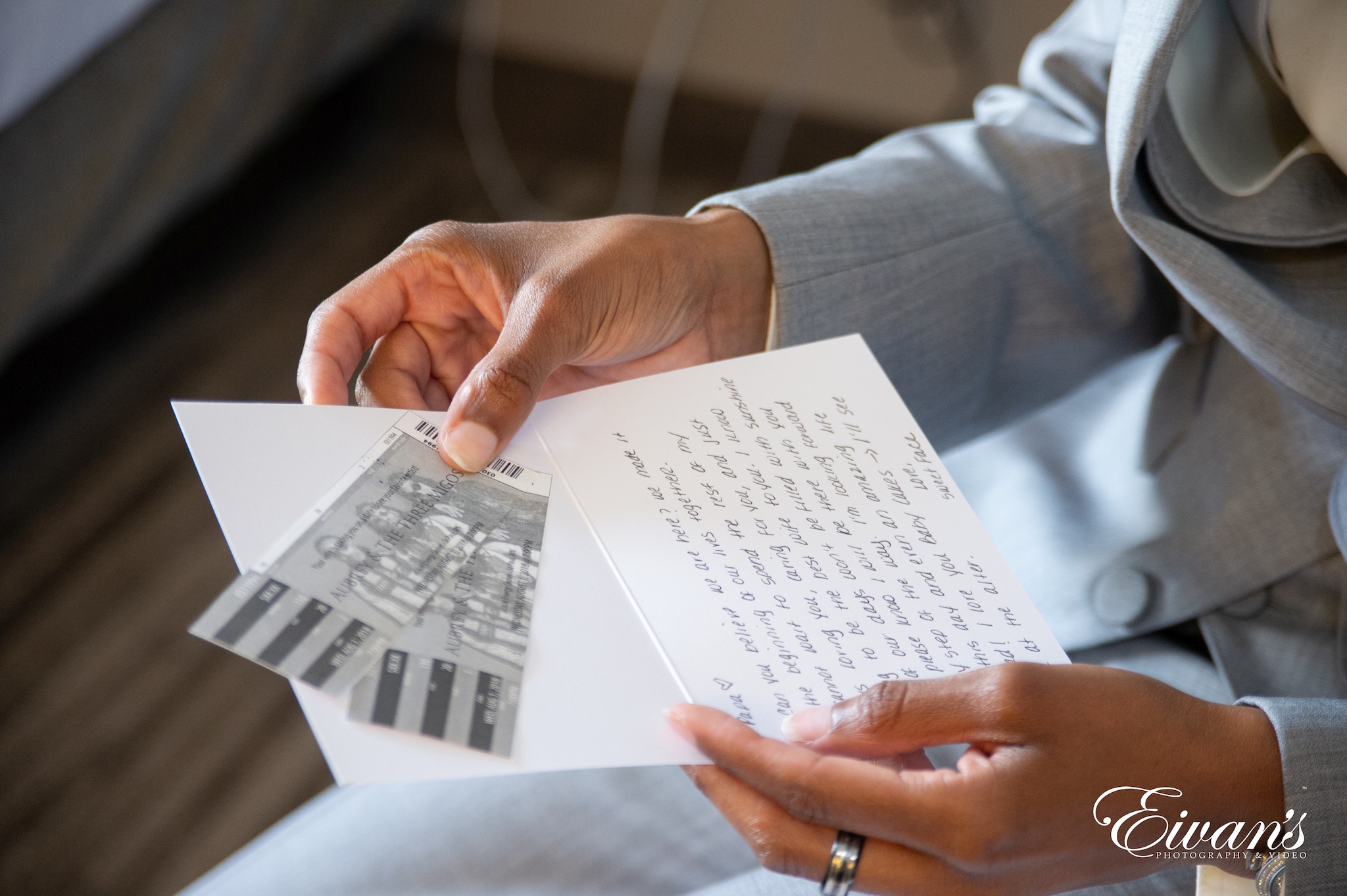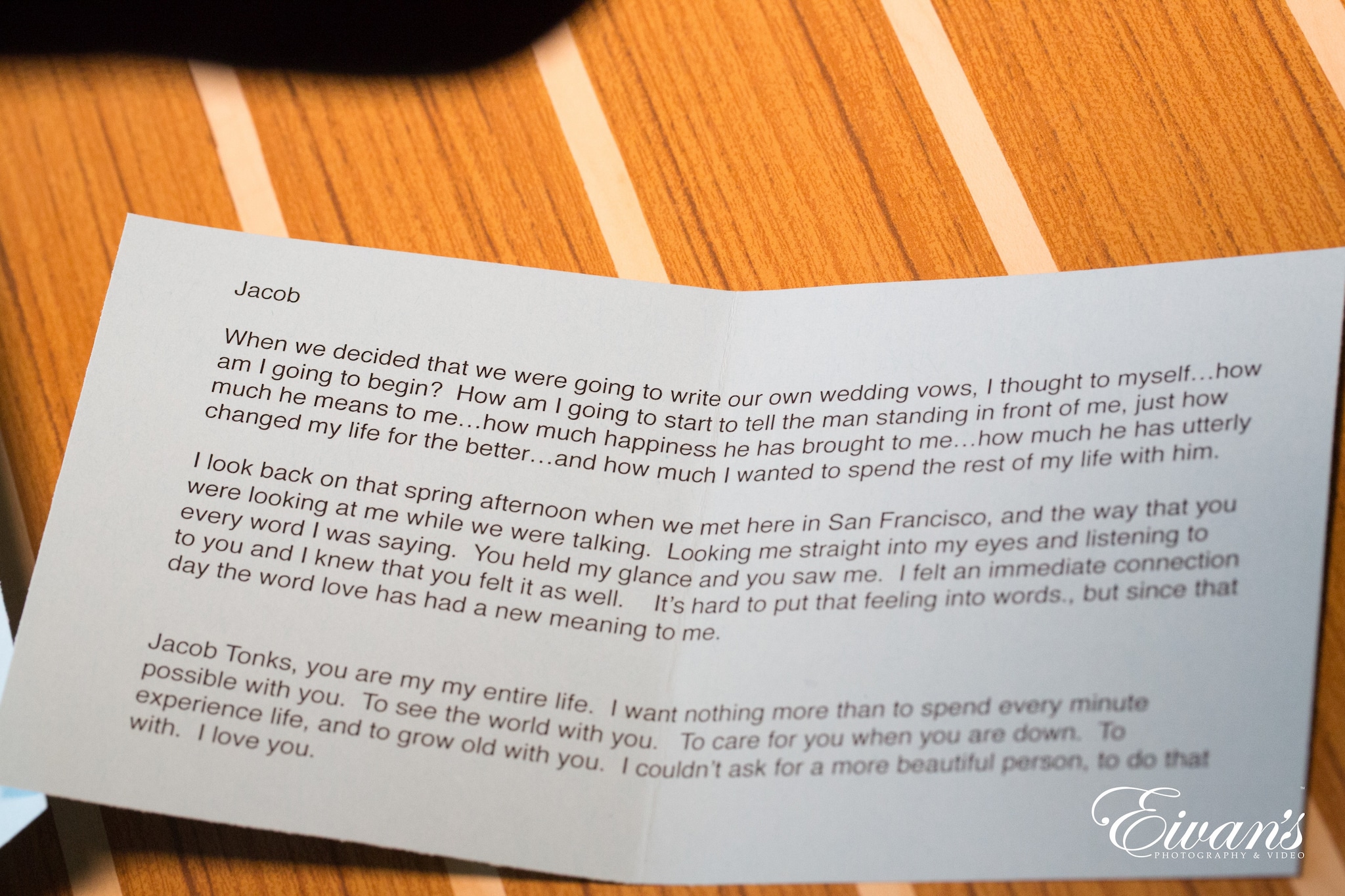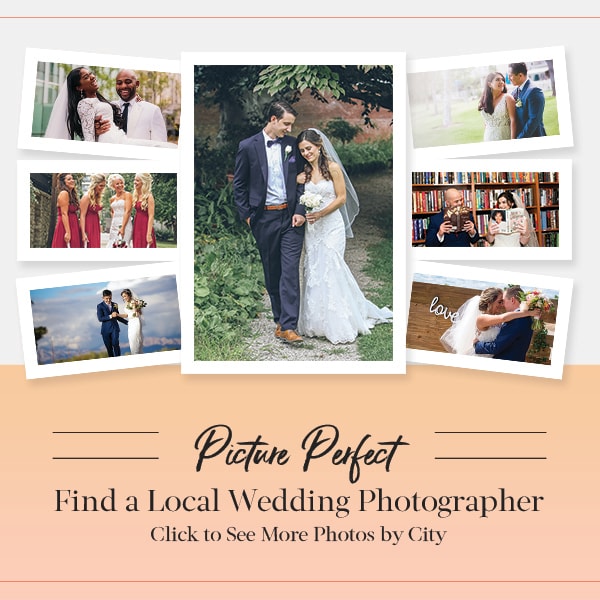Traditional Wedding Vows From Various Religions
Whether you choose traditional wedding vows or not, the meaning behind the classical religious vows does not change. They are the starting point for writing your own or altering them to suit your own.
Traditional wedding vows have gone down through generations. Each religious faith whether catholic, protestant, Jewish or Hindu have standard wedding vows that vary slightly. We have compiled a list of almost all the traditional wedding vows we have experienced in our wedding photography journey.
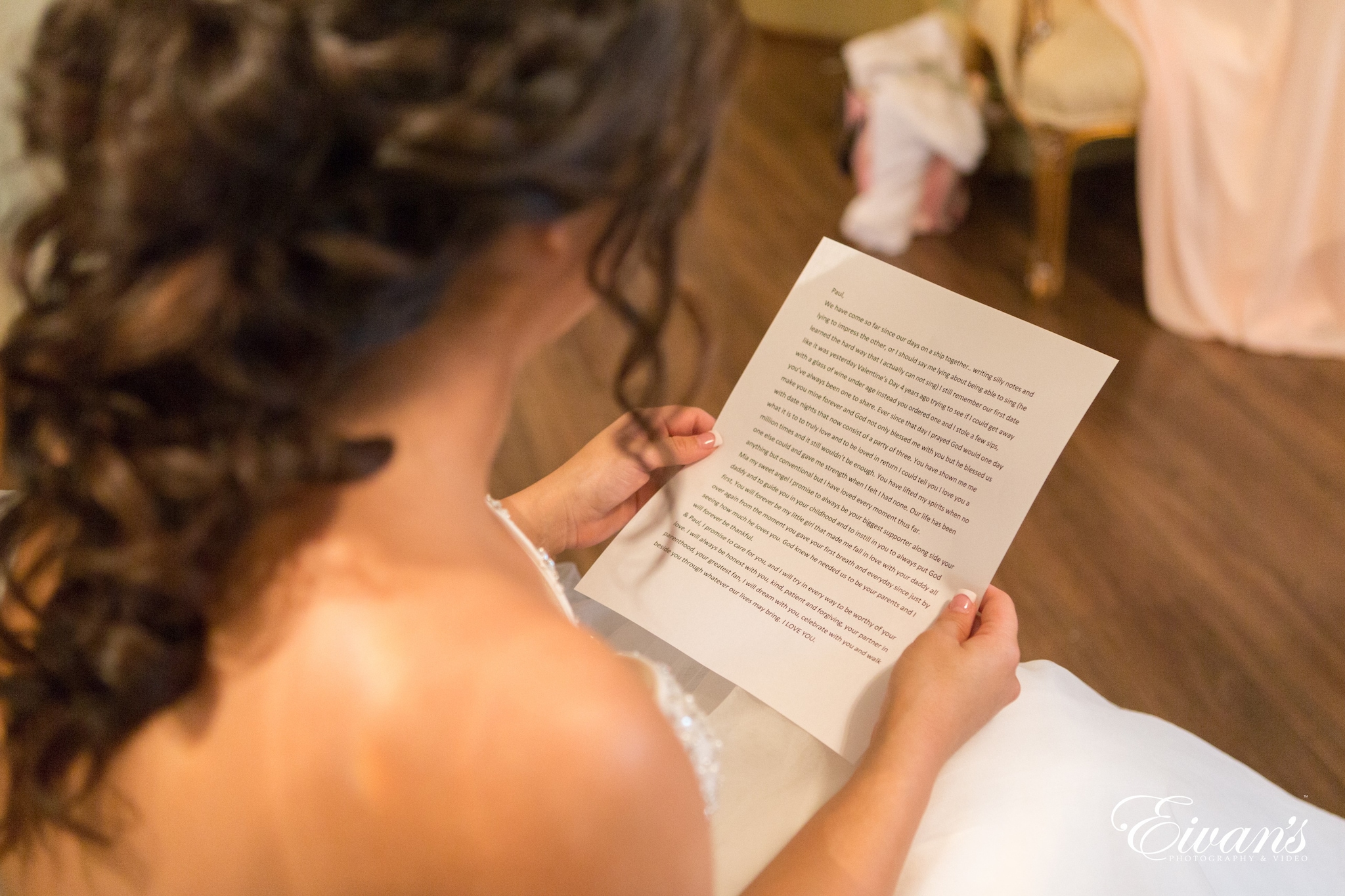
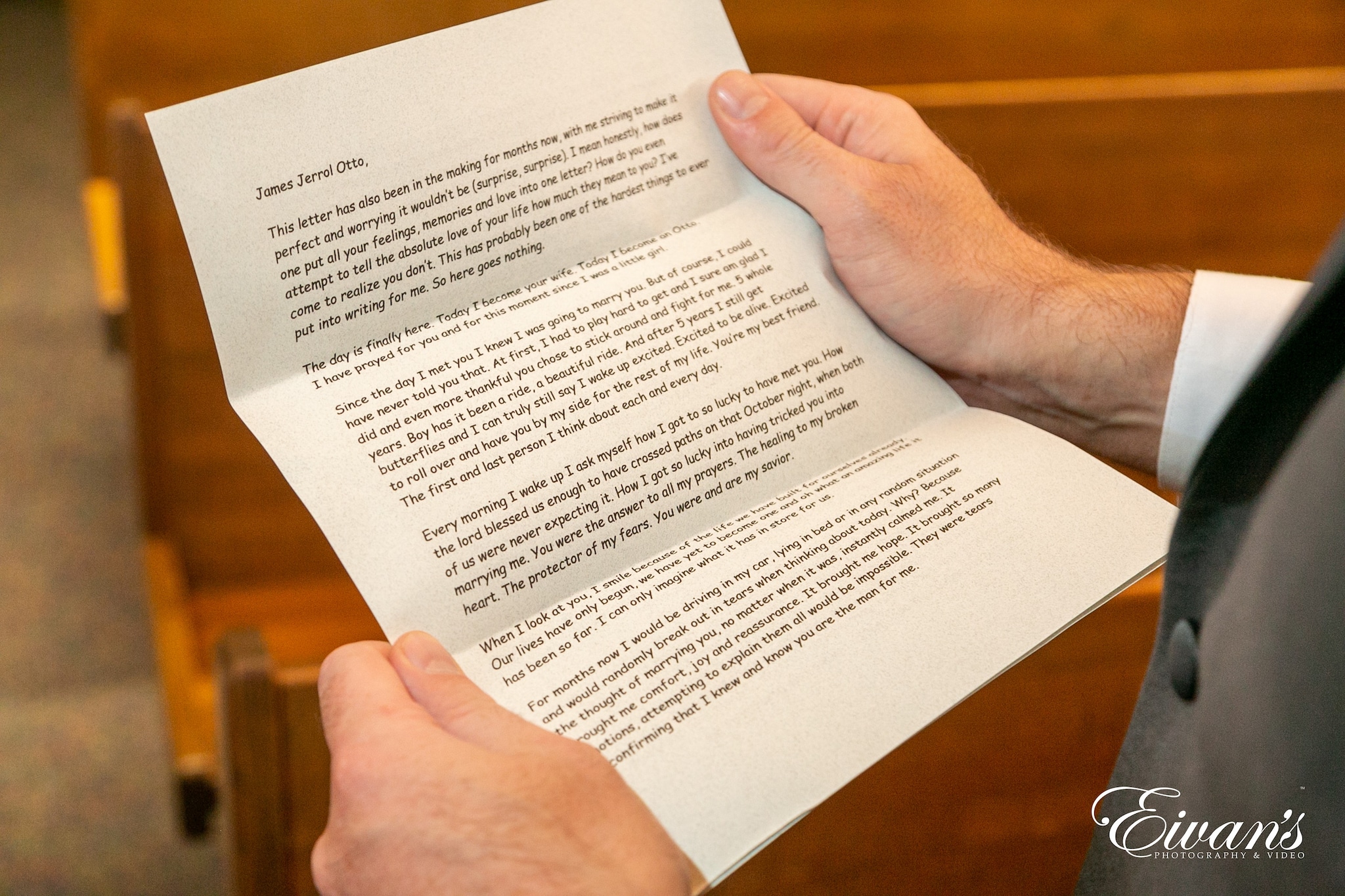
A list of traditional wedding vows to help you craft your own wedding vows
Native American Wedding Vows
Let’s see what the very olden days used when religion had not yet come. Native Americans had their own crafted marriage vows.
“Now, you will feel no rain for you will be a shelter to one another.
You will feel no cold for you will be warmth to one another.
There will be no more loneliness for you will have a lifelong partners in each other.
You are two bodies but there is one life before you.
Soon you will go to your resting place, to enter into the days of togetherness.
May your days be good and long upon the earth”
Traditional catholic wedding vows
This is a Christian holy matrimony where the couple believes in God for divine assistance. Just like the Methodists, these traditional vows offer a call and response type. Catholic wedding vows offer something familiar that is borrowed from many times. The couple speak separately one after the other in the presence of god and the witnesses. Before the couple recites the vows to each other, they have to answer the following questions from the priest.
Questions:
“….. and ….. have you come freely and without reservation to give yourselves to each other in marriage?”
“Will you honor each other as man and wife for the rest of your lives?”
“Will you accept children lovingly offered by God and raise them up according to the law of Christ and his Church?”
The couple is expected to answer either “I will” or “Yes” before reciting their vows to each other.
The vows:
“I …… take you …….. to be husband/wife. I promise to be true to you in the good and bad times, in sickness and in health. I will love and honor you all the days of my life.”
“I ….. take you …… for my lawful wife/husband to have and to hold from this day forward, for better, for worse, for richer, for poorer, in sickness and in health until death do us part.”
The vows are sealed by a prayer from the priest that seals the marriage in the name of the Father, son and the Holy spirit.
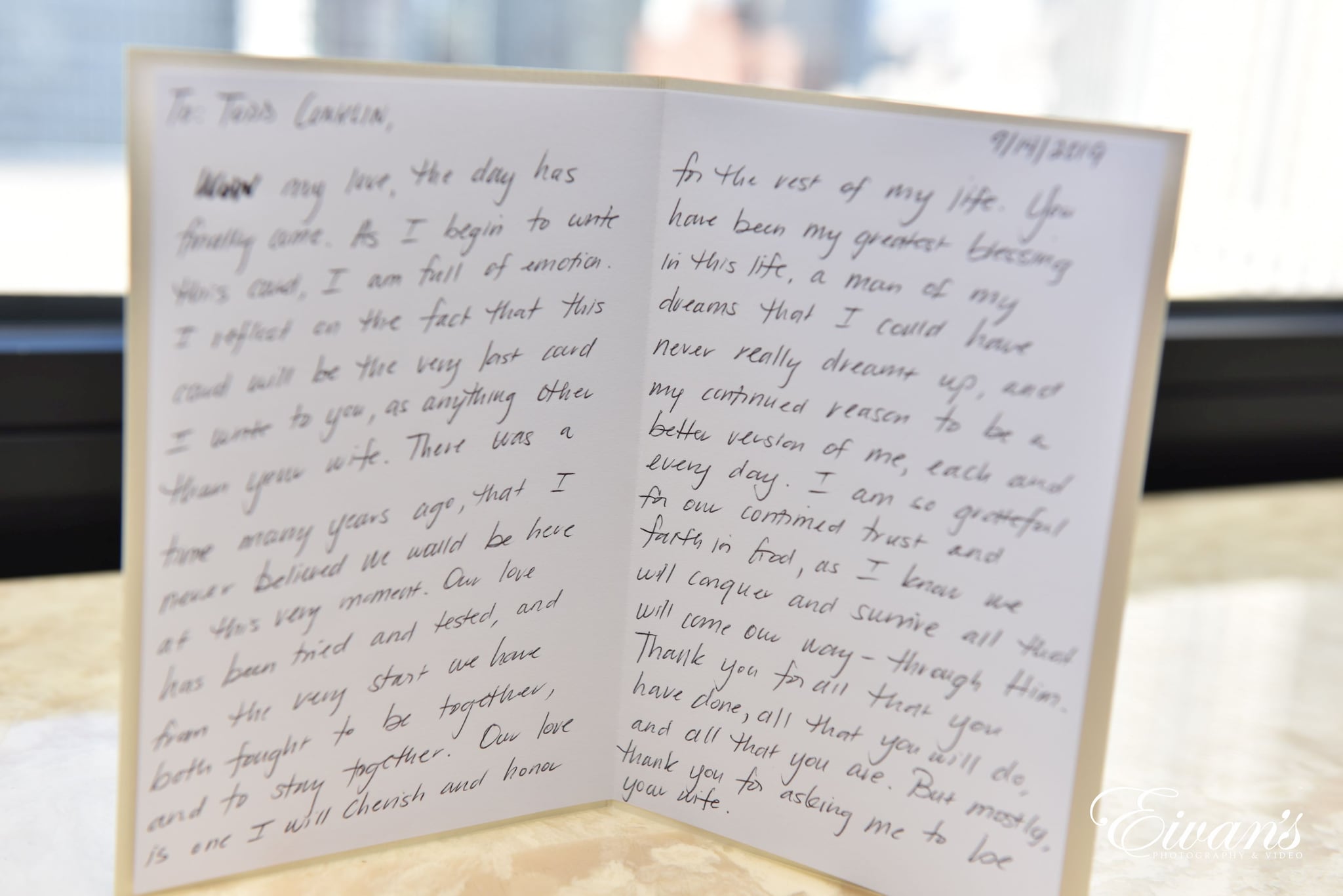
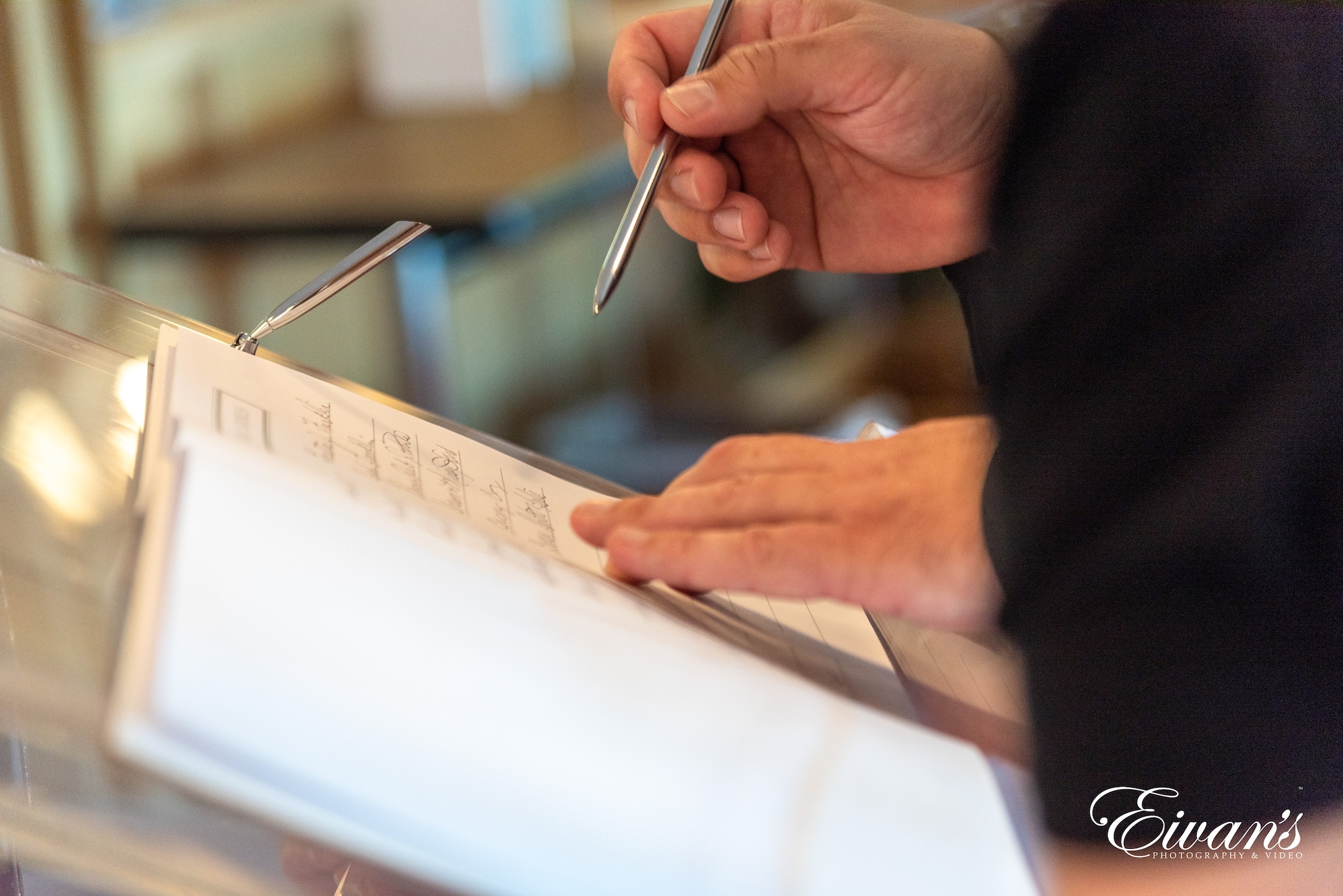
Traditional Jewish Wedding vows
In a traditional Jewish ceremony, no vows are exchanged! The covenant is part of the ritual that happens during the wedding ceremony. The wedding vow is customary sealed during ring exchange time. This is when the groom places a wedding ring on the bride’s finger and says in Hebrew,
“Behold, you are consecrated to me with this wedding ring according to the laws of Moses and Israel.”
“I am my beloved’s and my beloved is mine.”
After the exchange of the rings, there is a recital of the seven blessings known as Sheva Berakhot. They are translated as follows:
“Blessed are you Adonai, our God, ruler of the universe. Gladden the beloved companions as you gladden your creatures in the garden of Eden.
Blessed are you Adonai, who gladdens this couple
Blessed are you Adonai, our God, Ruler of the universe, who created joy and gladness loving couples, mirth, glad song, pleasure, delight, love, loving communities, peace and companionship.
Adonai our God, let there soon be heard the voice of the loving couple, the sound of their jubilance from their canopies and of the youths from their song filled feasts.
Blessed are you who cause the couple to rejoice, one with the other.
We bless God for creating joy and happiness, bride and groom, mirth song, gladness and rejoicing, love and harmony, peace and companionship; and we thank God for letting this bride and groom rejoice together.”
Traditional protestant wedding vows
There are different types of protestant churches. All have their own different beliefs and traditions. Here are some vows from different protestant denominations that you will find a slight difference from one another.
Basic protestant vows
“I …. Take thee …… to be my wedded husband/wife, to have and to hold, from this day forward, for better, for worse, for richer, for poorer, in sickness and in health, to love and to cherish, till death do us part, according to God’s holy ordinance, and thereto I pledge myself to you.”
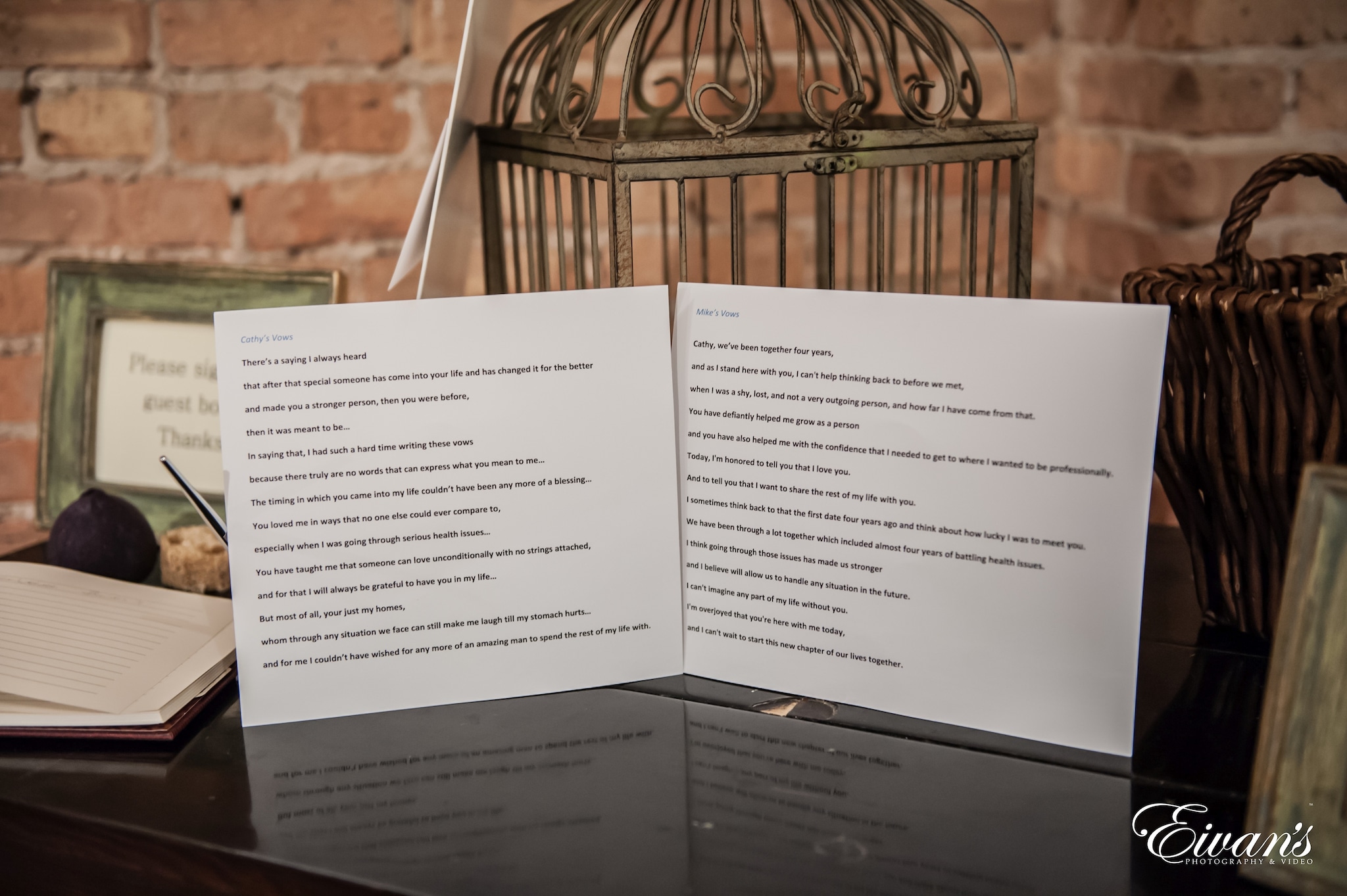
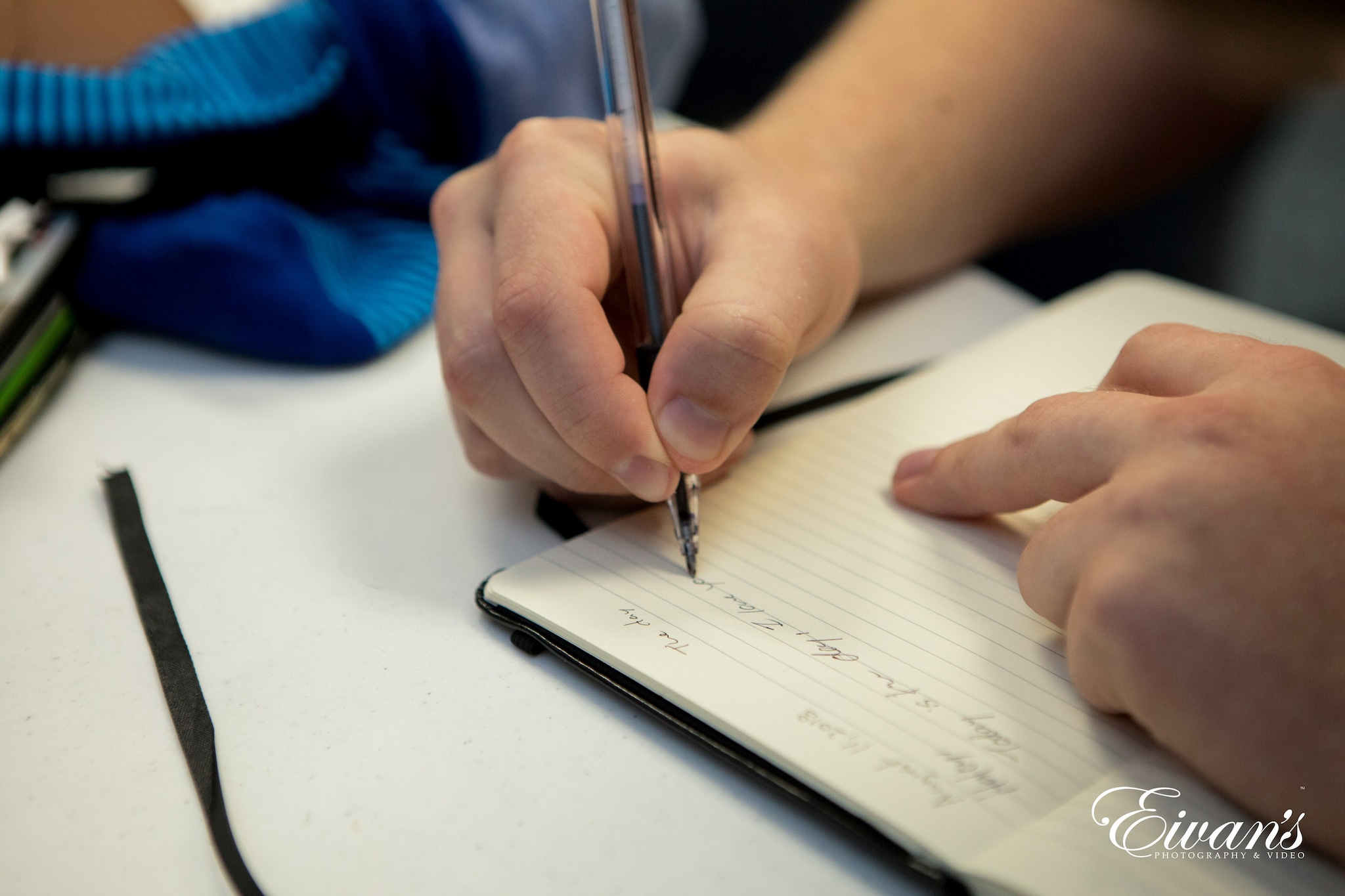
Traditional Methodist wedding vows
“Will you take this woman/man to be your wife/husband to live together in holy marriage? Will you love her/him, comfort her/him, honor and keep her/him in sickness and in health and forsaking all others, be faithful to her/him as long as you both shall live?”
This couple answers the question with either a “yes” or “I will.”
After the question, the vow follows
“In the name of God, I …. take you …. to be my wife/husband to have and to hold from this day forward for better, for worse, for richer, for poorer, in sickness and in health, to love and to cherish, until we are parted by death. This is my solemn vow.”
Hindu wedding vows
Traditional Hindu wedding ceremonies have scores of rituals and elements that they follow. Basically, there are no vows like the Western weddings but there are seven important steps on their wedding day. These seven steps take place around a flame – honoring the fire god, agni as the couple makes promises to each other.
“First step to provide out household a nourishing and pure diet, avoiding those foods that are injurious to healthy living.
Second step to develop physical, mental and spiritual powers.
Third step to increase our wealth by righteous means and proper use.
Fourth step to acquire knowledge, happiness and harmony by mutual love and trust.
Fifth step so that we are blessed with strong, virtuous and heroic children.
Sixth step for self-restraint and longevity.
Seventh step to be true companions and remain long life partners in this wedlock.”
Muslim Wedding vows
Wedding traditions do not need Muslims to recite vows. Rather they heed the words of the officiant who in their case is imam. The imam speaks about the meaning of nikah–marriage contract as well as the couple’s responsibilities to Allah and to each other. At the end of the ritual the couple agrees to become a husband and wife and the congregation blesses them.
Some modern Muslim couples recite vows; here is a common one,
Bride: “I ….. offer you myself in marriage under the instructions of the Holy Quran and the Holy Prophet, peace and blessing upon him. I pledge in honesty and with sincerity to be for you an obedient and faithful wife.”
Groom: “I pledge in honesty and sincerity to be for you a faithful and helpful husband.”
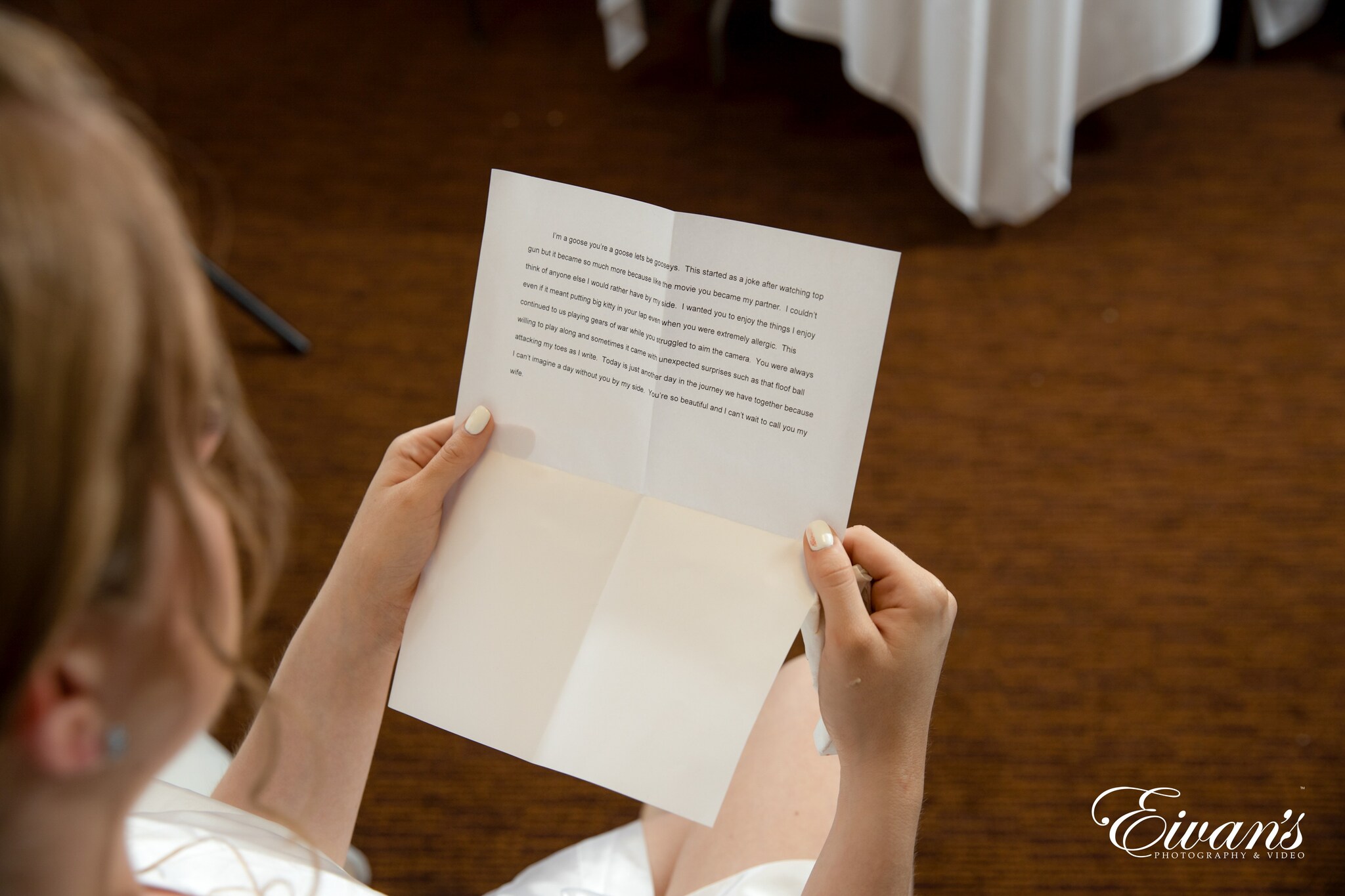
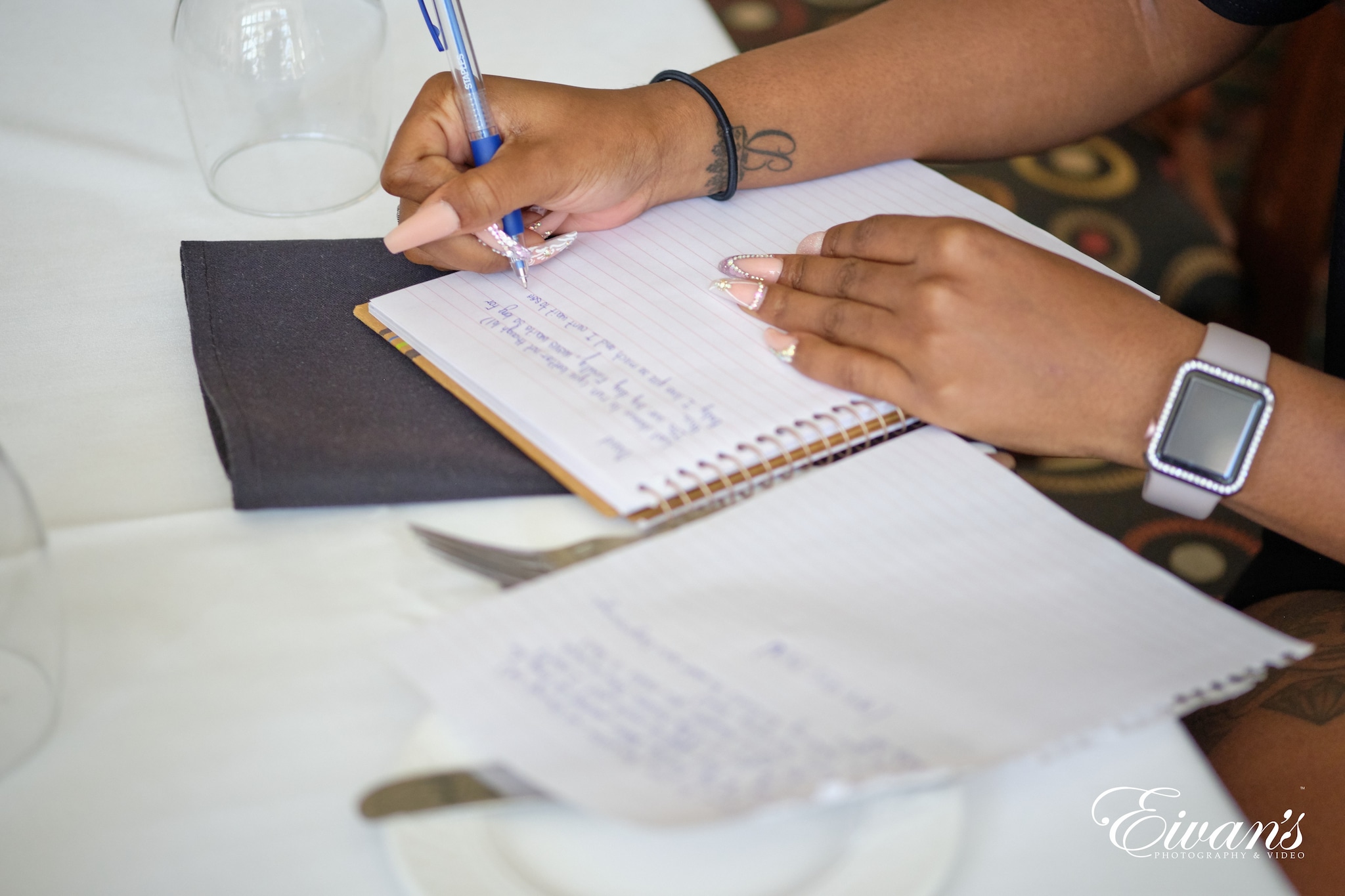
Buddhist wedding vows
Traditional Buddhist wedding vows are like the Catholic wedding vows. Each partner willingly gives themselves to the other as a part of the ceremony. They recite their vows in unison or read them silently in front of a shrine that has a Buddha image, flowers and candles. The officiant reads out the vows and the couple responds in unison. An example is:
Officiant: ” ….. and ….. do you pledge to preserve and enrich your affection for each other and to share it with all beings? To take the loving feelings you have for one another and your vision of each other’s potential and inner beauty as an example rather than spiraling inwards and becoming self absorbed, to radiate this love outwards to all beings?”
Bride and groom: “We do”
Nondenominational wedding vows
In this kind of wedding ceremony, the couple goes through a knot tying ceremony where they make a fisherman’s knot that grows stronger with pressure. After tying the knot, they recite the vows to each other.
“I …. Commit myself to you ….. as husband/wife to learn and grow with, to explore and adventure with, to respect you in everything as an equal partner, in the foreknowledge of joy and pain, strength and weariness, direction and doubt, for all the risings and settings of the sun.
We tie these knots to symbolize our connection to one another. They represent our trust in each other and our combined strength together.”
Besides the vows, there is more to wedding planning! Don’t get carried away with crafting your vows that you forget to plan the rest of the wedding details.
